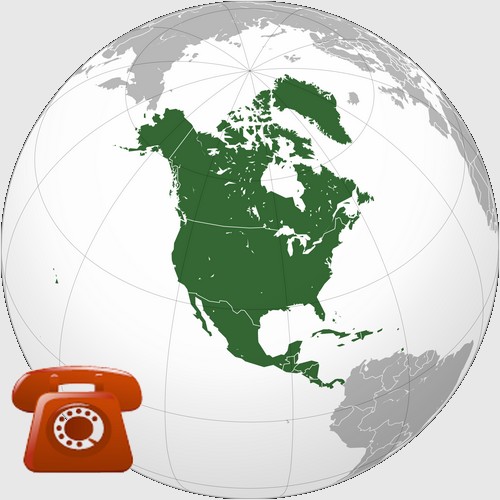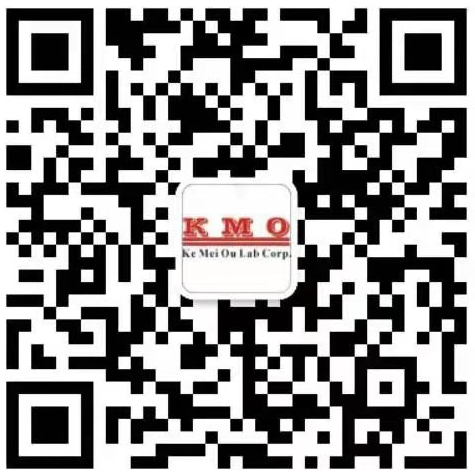
At present, the wireline access testing & certification of communication terminals in countries all over the world has always been known for complex regulations and standards, low test pass rate and high difficulty in applying for certification. In view of this, our KMO laboratory is equipped with multiple sets of automated telecommunication terminal test systems in terms of hardware, which can simplify the complexity, greatly shorten the test cycle and reduce the test difficulty, and make the test results intuitive and easy to understand for customers to understand and analyze. In terms of software, KMO has a team of global telecommunications certification experts who have extensive experience in the entire certification field. KMO's team of telecommunications experts can help you determine which tests are required to ensure that your products comply with national telecommunications regulations. In addition, special tests can also be customized according to customer requirements.
Our KMO queue appointment time is only 3 days at the fastest, and our KMO provides instant online order value-added services. By bundling mobile terminals with other testing and certification requirements (telecom access, mobile access, radio frequency, electromagnetic compatibility, safety, environment, energy efficiency, performance, etc.), time and money can be saved. With KMO, you will eliminate the hassle of using multiple laboratories, logistics delays and transportation costs.
KMO is one of the few leading suppliers of global wireline terminal testing & certification. Our wired communication testing services include:
*Acoustic testing
*PSTN Terminal Access testing
*ISDN and Analog port testing
*xDSL Network access interoperability testing
*Voice over Internet Protocol (VoIP) testing
*International Telecommunication Union (ITU) ITU-T standard testing
*American National Standards Institute - ANSI standard testing
*Telecommunication Industry Association (TIA) TIA standard testing
etc.
United States
The Administrative Council for Terminal Attachments (ACTA) is an open organization with a mission to: (1) adopt technical criteria for terminal equipment to prevent network "harm" (as defined in 47 C.F.R. section 68.3) and HAC-compliant ACS telephonic CPE through the act of publishing such criteria developed by the American National Standards Institute (ANSI) accredited standards development organizations; and (2) establish and maintain database(s) of equipment approved as compliant with the technical criteria. The ACTA will not make substantive decisions regarding the development of technical criteria. The Administrative Council for Terminal Attachments (ACTA) was established pursuant to the Federal Communication Commission's (FCC) Report and Order in the 2000 Biennial Review of Part 68 of the Commission's Rules and Regulations, CC Docket No. 99-216, released December 21, 2000 (Order or R&O). The Order privatized the process by which technical criteria for the prevention of harm are established for customer premises or terminal equipment that may be sold for connection to the telephone network, and for the approval of such equipment to demonstrate compliance with the relevant technical criteria. The Order directed the industry, through the co-sponsorship and support of the Alliance for Telecommunications Industry Solutions (ATIS) and the Telecommunications Industry Association (TIA) to establish the ACTA as the open body that would assume the Federal Communication Commission's Part 68 role for those items privatized in the Order (47 C.F.R. section 68.602). The initial ACTA meeting was held on May 2, 2001.
Our KMO laboratory has the complete telecommunications terminal testing capabilities of the United States ACTA and FCC CAB accreditation. It can directly issue SDOC reports accredited by ACTA. Our KMO laboratory can provide customers with testing services as follows:
*TIA-968-B Part 4
*TIA-968-B Part 5.1
*TIA-968-B Part 5.2
*TIA-968-B Part 5.3
*47CFR68.316
*47CFR68.317
*47CFR68.318
*TIA-4965
*TIA-1083-B
【Online Order】
Canada
Canada ISED Innovation, Science and Economic Development - The Canadian Ministry of Trade and Commerce was established in Statue on June 23, 1887, and it was declared effective on December 3, 1892. In 1969, the Ministry of Trade and Commerce was replaced by the Ministry of Industry, Trade and Commerce. In 1990, industry, technology replaced industry, trade, and commerce. This new department also merged the offices of the Minister of Regional Industrial Development and the Minister of State for Science and Technology. This marks the inclusion of regional methods and scientific emphasis in the development of Canadian industry. In 1993, the department further expanded its business scope to include consumer and corporate affairs. [9] In March 1995, the department was renamed Industry Canada. In November 2015, following the establishment of the 29th Canadian government led by Prime Minister Justin Trudeau, the post of Minister of Industry was reappointed as Minister of Innovation, Science and Economic Development. Subsequently, Industrial Canada was renamed Innovation, Science and Economic Development Canada (ISED Canada). The department’s headquarters are located in the C.D. Howe Building at 235 Queen Street, Ottawa, Ontario.
The Canadian IC CS-03 standard is similar to the American Part68, and the test items are relatively close. If the product test meets the CS-03 standard of the Ministry of Industry, the Canadian ISED will also publish the application information on the official website. The registration number format is IC:XXXXXX-YYYYYYYY. Among them, XXXXXX represents the company number of the applicant.
Our KMO laboratory has the complete telecommunications terminal testing capabilities of the Canadian ISED and ISED CAB accreditation, and can directly issue ISED accredited reports. Our KMO laboratory can provide customers with testing services as follows:
*CS-03_Part I
*CS-03_Part II
*CS-03_Part V
*CS-03_Part VI
*CS-03_Part VII
*CS-03_Part VIII
【Online Order】
Mexico
Mexico IFETEL, as of September 2013, the Mexican Telecommunications Agency Federal Telecommunications Commission (COFETEL) has been replaced by IFETEL (Federal Telecommunications Institute). IFETEL is responsible for the Mexican telecommunications type approval process for all equipment that requires local testing to be imported into Mexico.
IFETEL’s responsibilities include:
Define the radio frequency bands used by franchisees for telecommunications and broadcasting;
Grant concessions and approve any concession transfers;
Publish/update telecommunications industry regulations;
Identify and monitor monopolies.
All products that use frequency to transmitter and/or receive signals and all telecommunication products connected to PSTN or public networks must be IFETEL certified.
Our KMO laboratory can provide customers with testing services as follows:
*IFT-004-2014;
*IFT-005-2014;
*NOM-151-SCT1-1999;
*NOM-152-SCT1-1999;
【Online Order】
 Follow us for the latest news
Follow us for the latest news Working hours: 9:00-18:30, Monday to Friday
Contact:Lisa Liu
Mobile:18028790769
Email: kmo@kmolab.com
Address:Room 2013, 20th Floor, Business Center, Jiahui Xin Cheng, No 3027, Shen Nan Road, Fu Tian, Shen Zhen, Guang Dong, China
